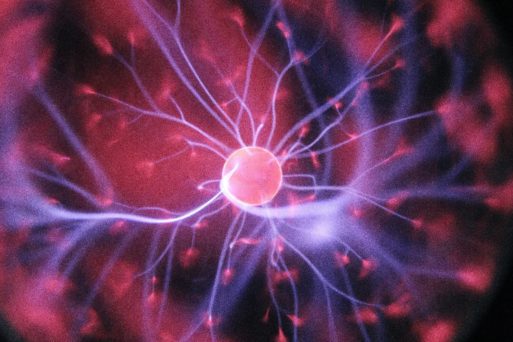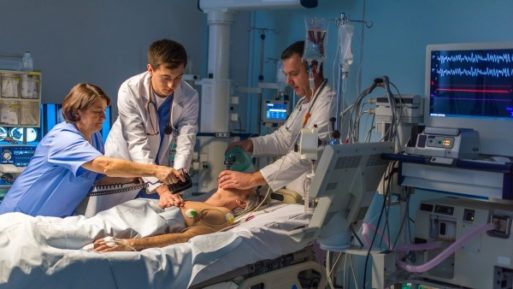
A recently published study in the European medical journal Resuscitation is drawing attention around the world for its fascinating findings around what happens to the brain during cardiac arrest.
The study provides evidence of what it calls “transcendent recalled experiences of death,” suggesting that consciousness and cognitive activity can occur during cardiac arrest, before the person has been resuscitated. Some experts and laypersons alike are interpreting the findings as evidence that humans can still be cognitively aware even after they have “died.” As a matter of semantics, in this case, “died” would mean that a person’s heart stopped and brain flat-lined, but they were still able to be “brought back to life” by CPR.
The sample of the study was small, in part because the survival rate is low. Of the sample’s 53 survivors of in-hospital cardiac arrest, 28 people were interviewed, and 11 of them recalled memories and perceptions. As part of their methodology, the researchers used an audio cue — a recording of the words “apple-pear-banana” played every minute while the person was in a cardiac arrest. Amazingly, one of the interview subjects was able to recall the audio after he was resuscitated.
One of the most fascinating parts of the study is that it describes fairly explicitly the nature of the subjects’ “near-death experiences.” They include “perception of separation from the body, often with a recognition of having died,” as well as a “perception of heading towards a destination” or a sense of “returning home.” Quite interestingly, and perhaps most closely related to the concept of life-flashing-before-your-eyes, was the experience of a moral “re-evaluation of their life.”
Even more subjects of the study who were not interviewed showed evidence of cognitive awareness when researchers examined brain oxygen levels and electrical activity. This was true for some patients whose heart was not beating for up to an hour.

Some patients who survive cardiac arrest have clear memories of the experience.
Credit: EM Resident
Scientific American looked at the study, and speculated on how this might shift what we think happens when someone has died. The article described how people have reported lucid thoughts during near-death experiences for centuries, across many cultures. According to Scientific American, “Some Western scientists previously dismissed such stories as hallucinations or dreams, but recently a few research teams have begun to pay more serious attention to the phenomena as a means to investigate consciousness and shine light on the mysteries of death.”
It might not give us concrete answers, but the study certainly adds new layers to our understanding of the brain during cardiac arrest, and suggests a more expansive take on human perception after death. The full study includes many incredibly interesting details. To read it, visit Resuscitation medical journal.
It is worth noting that the authors of the study are all professionals in the medical field, and the journal is peer-reviewed, as well as endorsed by the European Resuscitation Council as their official journal.

 New Study Sheds Light on Brain’s Activity During Cardiac Arrest
New Study Sheds Light on Brain’s Activity During Cardiac Arrest


 First the Wealth Gap, Now the U.S. Has a Growing Health Gap
First the Wealth Gap, Now the U.S. Has a Growing Health Gap
 How to Comfort A Dying Loved One
How to Comfort A Dying Loved One
 Our Annual Seven Holiday Gifts for Someone Who Is Grieving, 2024 Edition
Our Annual Seven Holiday Gifts for Someone Who Is Grieving, 2024 Edition














